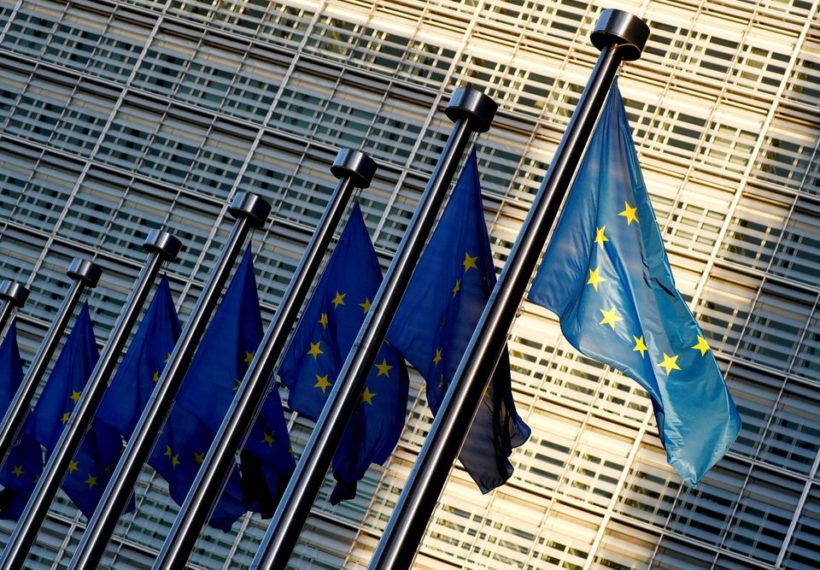
WINDHOEK, Oct 20 (Reuters) – Namibia has provisionally agreed on a deal with the European Union to sell its rare earth minerals, critical to the renewable energy sectors, mines and energy minister Tom Alweendo said on Thursday.
EU and Namibian officials told Reuters in July they were planning a deal on hydrogen and minerals as the bloc works to reduce its dependence on Russian energy.
“In principal we have agreed on conditions, whatever the materials, we are going to process them here,” Alweendo said about the approaches being taken to ensure the southern African country reaps the benefit of its resources.
Namibia has significant reserves of rare earth minerals such as dysprosium and terbium needed for permanent magnets in the batteries of electric cars and wind turbines.
The European Union wants easier access to minerals in Namibia, and plans geological projects to explore the resources of a country which is nearly as big as the combined territory of France and Germany, an EU official told Reuters in July.
Alweendo said there was demand for the southern African country’s rare earth metals to power the global transition to green energy.
Namibia aims to position itself as a renewable energy hub in Africa, also thanks to its vast potential for solar and wind energy to produce green hydrogen.
($1 = 1.0203 euros)
(Reporting by Nyasha Nyaungwa; Editing by Anait Miridzhanian and Aurora Ellis)

